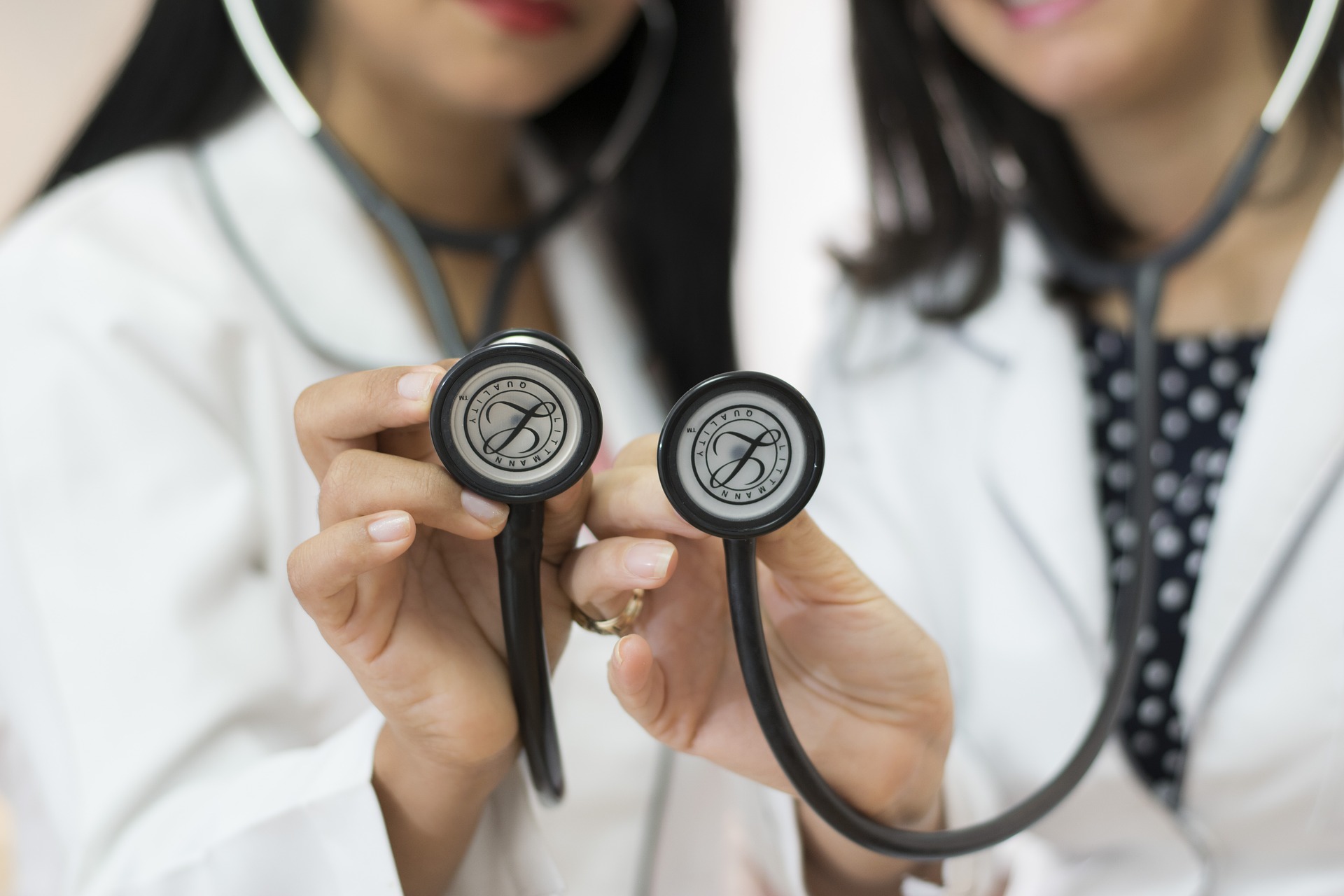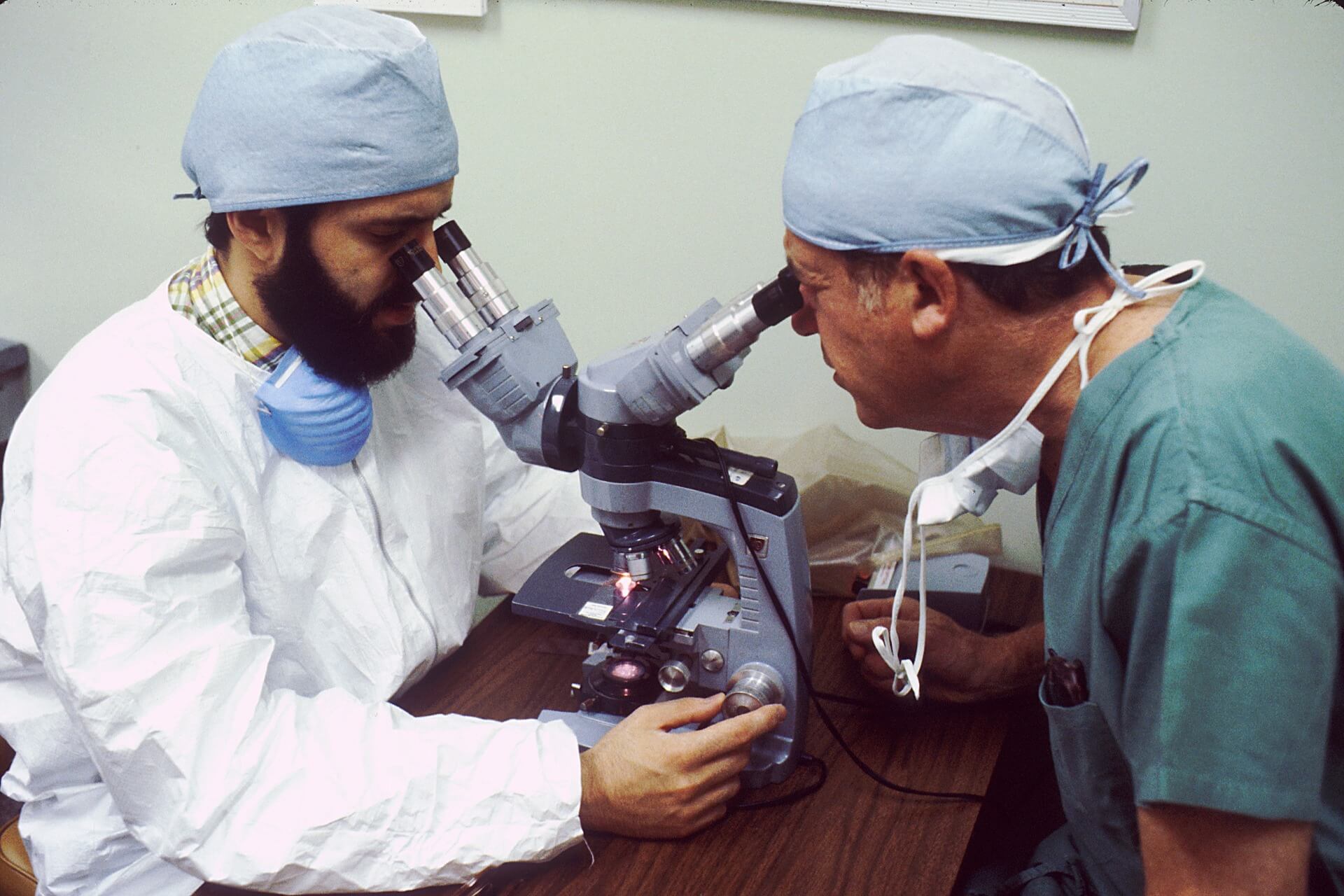It is a difficult road for any international medical graduate (IMG) trying to practice medicine in a country different from the one where they graduated from medical school. Each country’s requirements for medical school are different, and pre-requisites for those medical schools vary greatly. As a result, other countries do not know what they are getting when they take on a foreign medical graduate. Although their education may be superior, there is no way of telling whether it was superior or greatly inferior.
Whether inferior or superior, education abroad combines many strengths and challenges. Being multi-lingual and multi-cultural is a definite advantage when it comes to bedside manner and diversity in care. However, language barriers, standards of care, and the overall practice of medicine may differ greatly from one country to another. There are also different exposure rates to the treatment of various regional illnesses. For example, experience in the care of dengue fever patients varies across different countries. While one country may have a large incidence of the illness, another country may have little to none. It is difficult to determine what medical graduates have had adequate training in all illnesses.
There are no “apples-to-apples” comparisons of international medical school programs, but this does not mean foreign medical graduates are inferior. Instead, it means that they have to prove their academic and clinical know-how in an effort to provide a comparison to those who need it. The EFMG does a good job of serving as a Dean’s Office for foreign medical graduates, but residency applicants still need to have experience in the United States in order to confirm that their clinical skills and training fit the practice of medicine in this country.
The American Medical Association (AMA) registers American International Integrated Observership Programs (MedicalObs) to help foreign medical graduates become accustomed to medical practice in the United States. These observerships last for one to three months, and they allow FMGs to get a taste of American medicine and do a little networking along the way.
Program Elements
Observation: The first thing the program does for FMGs is gives them the opportunity to observe doctors in a hospital setting. This gives FMGs a greater understanding about the workflows of American hospitals, the types of patients they may encounter, and the relationships between physicians and other staff. Nurses are critical to the care of patients, and the doctor-nurse relationship is a huge facilitator of care. FMGs must understand this in order to perform successfully during residency training.
Evaluation: FMGs who are enrolled in observerships will also get reviews from the program director. This is critical feedback by professionals in the medical field, and it can be instrumental in helping guide an FMG into a successful residency Match.
Letter of Recommendation: The evaluating director will also provide a letter of recommendation. Letters from American medical leaders are critical for residency applications, as they prove that you have worked successfully in American healthcare settings.
Certification: The certification from an observership is a great credential because it shows that you are focused on integrating your culture with the American culture of healthcare rather than letting it be a barrier.
Mock Interviews: The interview process can be very intense for FMGs who have all the same struggles of American residency applicants and the added difficulty of language and cultural differences. Mock interviews are the best way to hone answers to interview questions, and they help to build confidence.
Review of Application: Acting alone in the residency application process is a mistake for FMGs, and personal statements made with the review from a qualified and experienced healthcare professional can ensure that personal statements contain the elements needed for program directors to see the candidate as a success.
Speech: For FMGs with strong accents, it can be difficult to practice medicine. Not only will staff and patients have difficulty understanding thick accents, but some patients may not be able to trust a physician whom they cannot understand. Accent reduction courses are available through observerships to combat this problem.
There are many other benefits to American International Integrated Observership Programs. Membership to the alumni network can be a good tool to help find connections with other physicians. Local community groups and events where FMGs participate in events helps to integrate future residents with community members.
In many cases, the challenges FMGs have in finding a good residency Match are unfair, as there are many good and in some cases better medical schools outside of the United States than within. However, residency program directors have no way of knowing what an FMG’s specific circumstance was, and they must be presented with evidence not only that training was sufficient but also that the applicant is ready to transition into the culture of the American healthcare industry. Observerships make it easier for residency program directors to see the quality of FMG applicants.
























